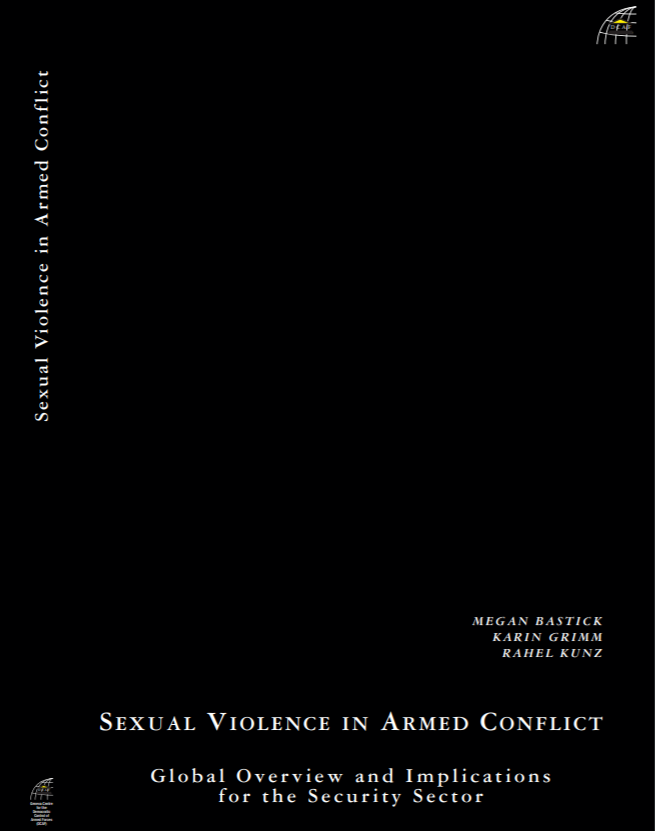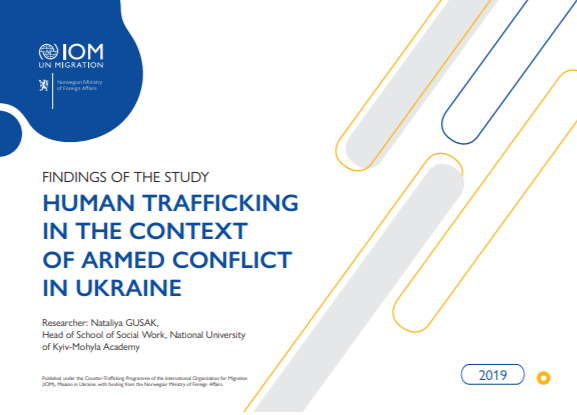Sexual Violence in Armed Conflict Global Overview and Implications for the Security Sector

This report, Sexual Violence in Armed Conflict: Global Overview and Implications for the Security Sector, demonstrates the horrifying scope and magnitude of
sexual violence in armed conflict. The first part of the report, the Global Overview, profiles documented conflict-related sexual violence in 51 countries – in
Africa, the Americas, Asia, Europe and the Middle East- that have experienced armed conflict over the past twenty years. The second part of the report, entitled
Implications for the Security Sector, explores strategies for security and justice actors to prevent and respond to sexual violence in armed conflict and post-conflict
situations. The Global Overview highlights both similarities and differences in the forms and settings of sexual violence in conflict, in the profiles of the perpetrators and their victims, and in the motives for and the consequences of such violence, between and within conflict-affected countries and regions. Conflict-related sexual violence occurs in homes, fields, places of detention, military sites, and camps for refugees and displaced persons. It occurs at the height of armed conflict, during
population displacement, and continues after conflict. Although the majority of victims of sexual violence are women and girls, men and boys are also targeted in
armed conflict. In many conflicts, indigenous people or people from specific population groups are targeted for sexual violence based upon their ethnicity. Perpetrators of sexual violence in armed conflict include members of official armed and security forces, paramilitary groups, non-state armed groups, humanitarian and peacekeeping personnel, and civilians. Sexual violence during conflict is an act of domination, grounded in a complex web of cultural preconceptions, in particular as regards gender roles. It is used to torture and humiliate people, and to punish or humiliate an enemy group or community. Sexual violence may be encouraged or tolerated within armed groups. In some conflicts, it has been used strategically to advance military objectives, such as the clearing of a civilian population from an area.
Country
Worldwide
Region
Worldwide
Year
2007







